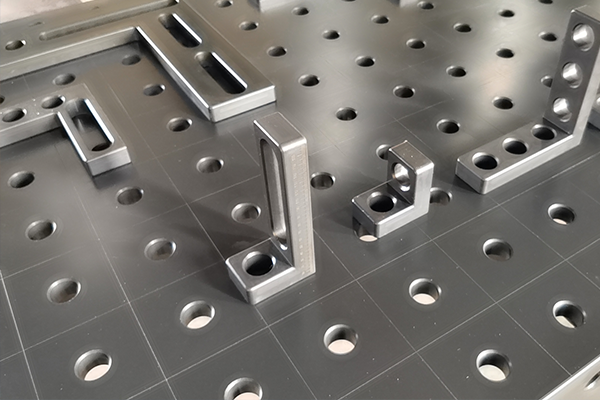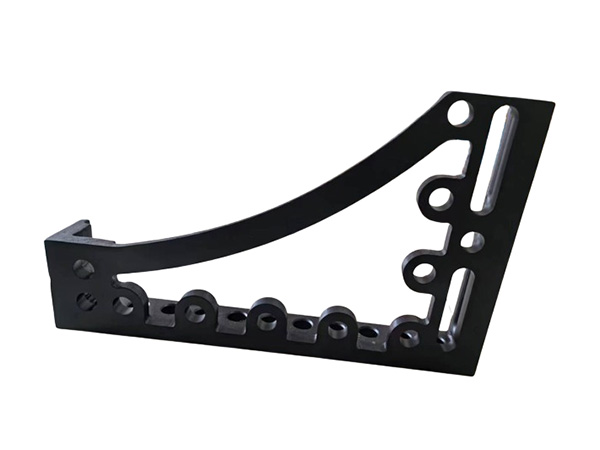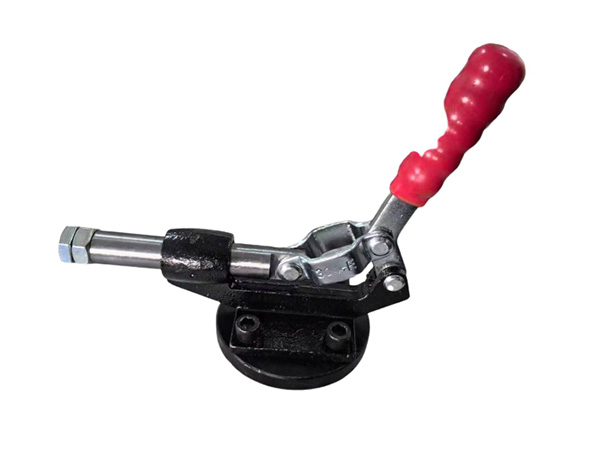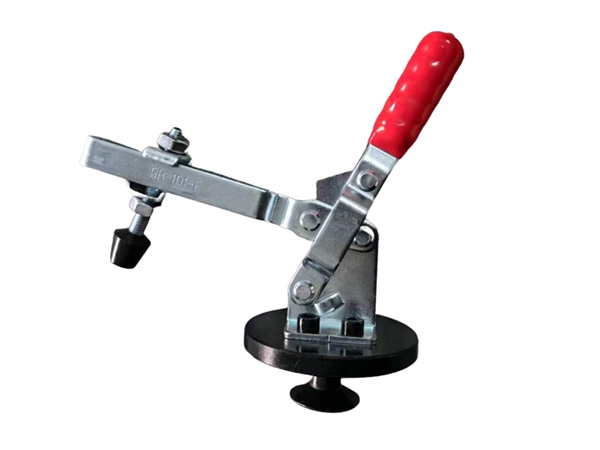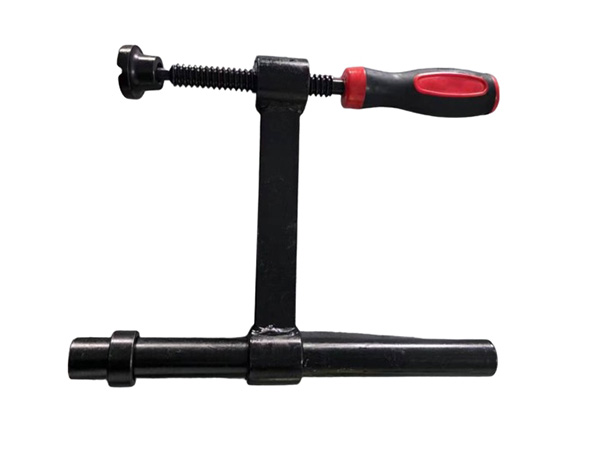- 网站导航 -
Address: Home > News > Technical documentation >
Unveiling the Working Principle and Structure of the Flexible Welding Table
Time:2024-06-18 09:26:34 Author:Fadetong Clicks:155Second-rate
In modern industrial production, the flexible welding table, with its characteristics of high efficiency, accuracy, and multi-functionality, has become an important equipment for many manufacturing enterprises. However, many people do not fully understand its working principle and structure. This article will deeply uncover the working principle and structure of the flexible welding table to help you fully understand this advanced equipment.
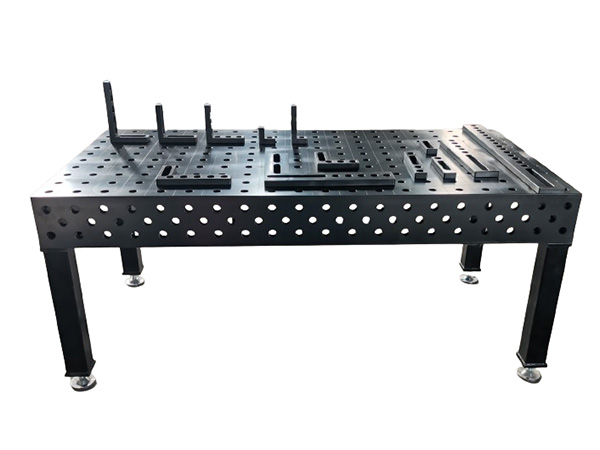
I. Introduction to the Flexible Welding Table
The flexible welding table is a kind of automated welding equipment with high flexibility and adaptability. Through the automated control system and multi-axis motion system, it can quickly adjust and configure welding parameters to adapt to the welding tasks of various workpieces with different specifications and shapes. The flexible welding table is widely used in fields such as automotive manufacturing, aerospace, home appliance production, and mechanical manufacturing.
II. The Working Principle of the Flexible Welding Table
The working principle of the flexible welding table mainly includes the following aspects:
1. Automated Control System
The flexible welding table is equipped with an advanced automated control system to control the welding process through a computer. Operators can set welding parameters such as welding current, welding speed, and welding time on the control panel. The control system automatically adjusts the position and angle of the welding head according to the preset program to ensure the accuracy and consistency of the welding process.
2. Multi-Axis Motion System
The flexible welding table usually adopts a multi-axis motion system, including the X-axis, Y-axis, Z-axis, and rotation axis, etc. These axes achieve high-precision movement through servo motors and precision guide rails, and can flexibly adjust the position and angle of the welding head in three-dimensional space. The multi-axis motion system enables the flexible welding table to adapt to various complex welding tasks and improve welding efficiency and quality.
3. Welding Head and Welding Process
The welding head of the flexible welding table can be equipped with various welding tools, such as arc welding heads, laser welding heads, spot welding heads, etc. Different welding processes are suitable for different materials and workpieces. The automated control system controls the welding head to perform welding operations according to the set welding process. Through precise control, ensure the quality and consistency of each solder joint.
4. Workpiece Clamping and Positioning
In order to ensure welding accuracy, the flexible welding table is equipped with a workpiece clamping and positioning device. The workpiece clamping device fixes the workpiece through a pneumatic or hydraulic system to prevent movement during the welding process. The positioning device accurately positions the workpiece through sensors and measurement systems to ensure that the welding head can accurately reach the welding position.
III. The Structure of the Flexible Welding Table
The structure of the flexible welding table mainly includes the following parts:
1. Frame and Base
The frame and base are the basic structure of the flexible welding table, usually made of high-strength steel or cast iron, with good stability and bearing capacity. The multi-axis motion system and automated control system are installed on the frame to provide support and stability for the entire equipment.
2. Multi-Axis Motion System
The multi-axis motion system includes the X-axis, Y-axis, Z-axis, and rotation axis, etc., and realizes high-precision movement through servo motors and precision guide rails. Each axis is controlled by an independent drive system and can flexibly adjust the position and angle of the welding head in three-dimensional space.
3. Automated Control System
The automated control system is the core part of the flexible welding table, including the computer, control panel, sensors, and actuators, etc. The control system controls the welding process through software programs, monitors and adjusts welding parameters in real time to ensure the stability and consistency of the welding process.
4. Welding Head and Welding Tools
The welding head can be equipped with various welding tools, such as arc welding heads, laser welding heads, spot welding heads, etc. Different welding tools are suitable for different welding processes and materials. The welding head flexibly adjusts the position and angle through the multi-axis motion system to perform precise welding operations.
5. Workpiece Clamping and Positioning Device
The workpiece clamping and positioning device fixes the workpiece through a pneumatic or hydraulic system to prevent movement during the welding process. The positioning device accurately positions the workpiece through sensors and measurement systems to ensure that the welding head can accurately reach the welding position.
IV. Summary
With its automated control, multi-axis motion system, and multi-functional welding head, the flexible welding table can efficiently and accurately complete various complex welding tasks. Its structural design is reasonable and adaptable, and it is widely used in various industrial fields. By understanding the working principle and structure of the flexible welding table, enterprises can better utilize this advanced equipment to improve production efficiency and product quality.
If you have more interests or needs in the flexible welding table, welcome to contact our professional team. We will provide you with detailed technical support and solutions to help your enterprise stand out in the fierce market competition. Consult immediately to learn more about the detailed information and purchase suggestions of the flexible welding table!

